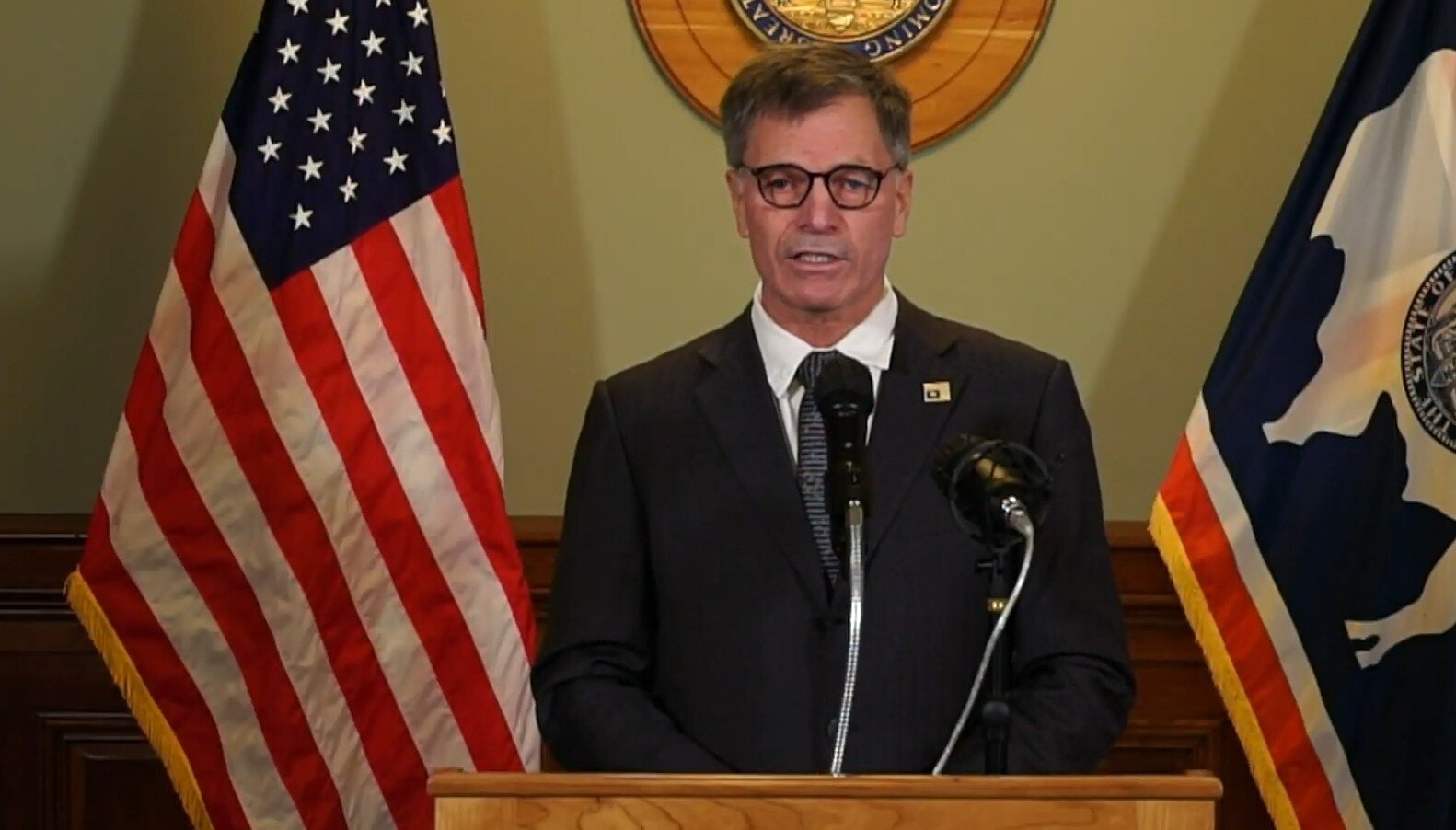Gov. Mark Gordon is directing the state’s agencies to determine how the state will be affected by a ban on oil and gas leasing on federal land and help him plot legal strategies to battle the ban.
Gordon on Friday issued an executive order in direct response to the moratorium on oil and gas leasing on federal land put in place last week by President Joe Biden in his own executive order.
“These orders issued by the new administration are a direct attack on Wyoming and our way of life, Gordon said in a statement. “I am directing members of my cabinet to examine the economic, financial and workforce impacts of the President’s actions. I will continue to fight these misguided and destructive policies by all means necessary. The way to move America forward is not through crushing her Western states.”
On his first day in office, Biden halted oil and gas leases on federal land for 60 days. Last week, he issued a second executive order on the subject extending the moratorium for an unspecified amount of time to allow the Department of Interior to thoroughly review the federal leasing program and existing leases on federal lands.
Gordon’s executive order directs state agencies to determine how their budgets will be affected by the ban and how jobs in the oil and gas industry in Wyoming will be affected.
It also directs the agencies to identify any tools that could be used to challenge Biden’s executive order, along with opportunities for litigation “to protect and preserve the strength, vitality and independence of Wyoming’s energy industry.”
The executive order does not contain a timeline as to when the governor should receive the information.
“We will be communicating with the impacted state agencies over the next several days regarding this,” said Michael Pearlman, a spokesman for the governor’s office.
A University of Wyoming study commissioned by the Legislature has concluded that a moratorium on oil and gas leasing on federal land could reduce Wyoming’s production by $872 million per year, costing the state more than $300 million a year in tax revenue.





